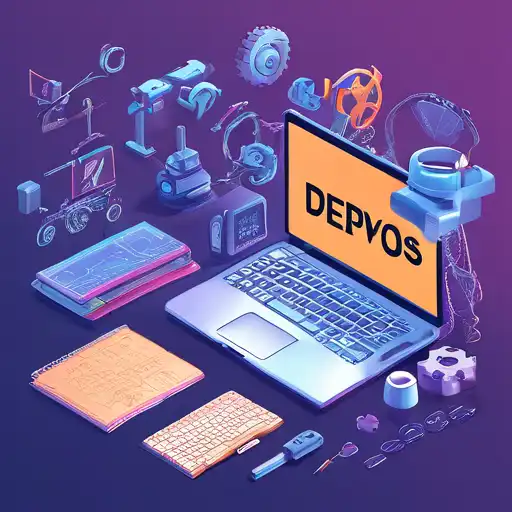Introduction to DevOps in 2023
As we step into 2023, the DevOps landscape continues to evolve, bringing forward tools that promise to streamline development and operations processes more efficiently than ever. This guide highlights the must-know DevOps tools that are shaping the industry this year.
1. Continuous Integration and Continuous Deployment (CI/CD) Tools
CI/CD tools remain at the heart of DevOps practices, enabling teams to automate the stages of app development. Jenkins, an open-source automation server, continues to lead, but newcomers like GitLab CI/CD and CircleCI are gaining traction for their cloud-native capabilities.
2. Infrastructure as Code (IaC) Tools
IaC tools are essential for managing and provisioning infrastructure through code. Terraform by HashiCorp and Ansible by Red Hat are the frontrunners, offering unparalleled flexibility and efficiency in infrastructure management.
3. Containerization and Orchestration Tools
Containerization has revolutionized how applications are deployed and scaled. Docker remains the go-to for containerization, while Kubernetes dominates orchestration, ensuring containers run where and when they should.
4. Monitoring and Logging Tools
Effective monitoring and logging are crucial for maintaining system health. Tools like Prometheus for monitoring and ELK Stack (Elasticsearch, Logstash, Kibana) for logging provide comprehensive insights into system performance and issues.
5. Version Control Systems
Version control is indispensable in DevOps for tracking changes and collaborating on code. Git, along with platforms like GitHub and Bitbucket, facilitates seamless collaboration among development teams.
6. Cloud Platforms
Cloud platforms are the backbone of modern DevOps practices. AWS, Azure, and Google Cloud offer a suite of services that support DevOps workflows, from computing resources to DevOps toolchains.
Conclusion
The DevOps tools landscape in 2023 is rich and varied, offering solutions for every aspect of the software development lifecycle. By leveraging these tools, teams can achieve faster deployments, improved collaboration, and higher quality software. Stay ahead of the curve by integrating these essential DevOps tools into your workflow this year.
For more insights into DevOps practices, check out our guide on DevOps Best Practices.
